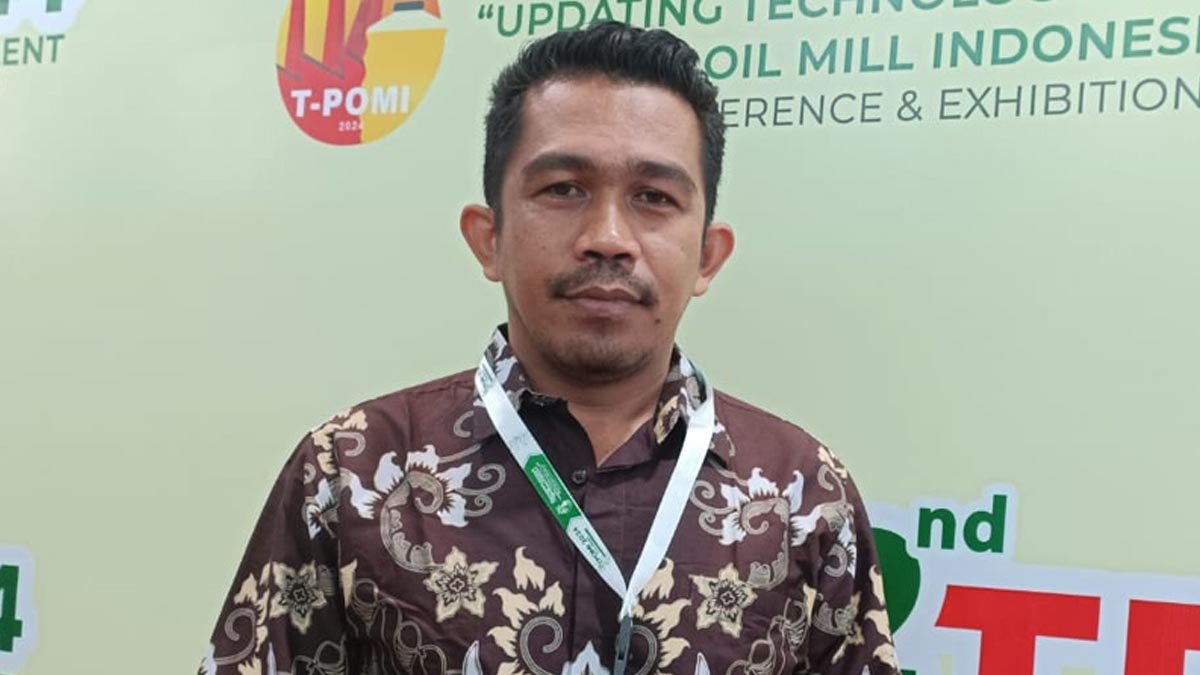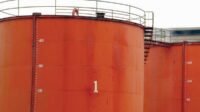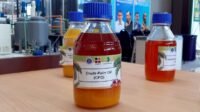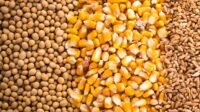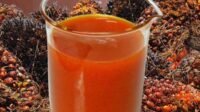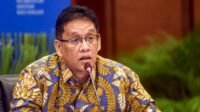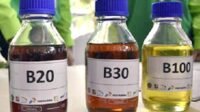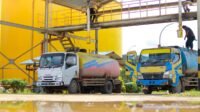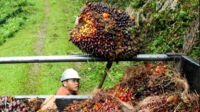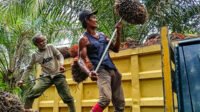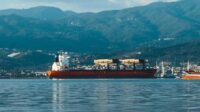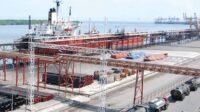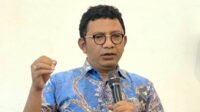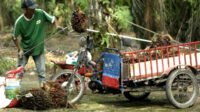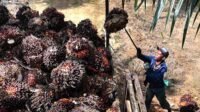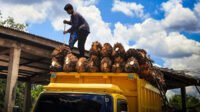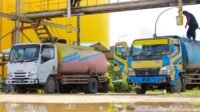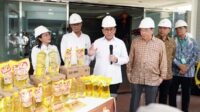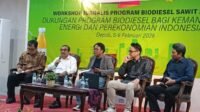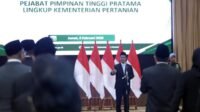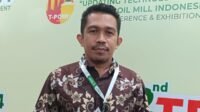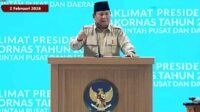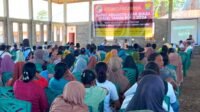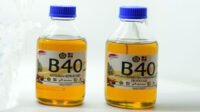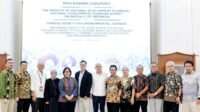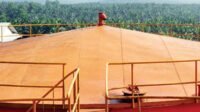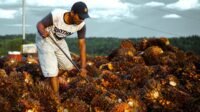PALMOILMAGAZINE, JAKARTA – The Palm Oil Farmers Union (SPKS) has called on Indonesia’s newly appointed Finance Minister, Purbaya Yudhi Sadewa, to ease the economic burden of smallholder palm oil farmers. According to SPKS, farmers are increasingly squeezed by rising food and fertilizer costs, compounded by the low selling price of fresh fruit bunches (FFB).
SPKS argues that the value of sustainably produced FFB continues to be eroded by the government’s export tax (Bea Keluar/BK) and export levy (collected through the Plantation Fund Management Agency/BPDP). These charges on crude palm oil (CPO) exports directly push down the farmgate price of FFB.
Since the palm oil tax and levy scheme was introduced in 2015, more than 90% of BPDP funds have been allocated to subsidize biodiesel prices, SPKS noted. Meanwhile, smallholders across the archipelago—from Aceh to Papua—continue to struggle with depressed selling prices and rising production costs.
Also Read:
SPKS is urging Minister Purbaya to reduce, or even eliminate, both the export tax and export levy to zero percent, enabling farmers to directly benefit from their hard work. Such a policy shift, they argue, could provide relief to some 3.5 million smallholder farmers currently under severe economic strain.
“Palm oil funds managed by BPDP have been used almost entirely to subsidize biodiesel, which mainly benefits large industrial players with biodiesel plants,” said SPKS Chairman Sabarudin in a statement received by Palmoilmagazine.com on Wednesday (Sept 24).
Because BPDP’s revenue comes from the export levy, its use for biodiesel subsidies has a direct negative effect on the selling price of smallholder FFB. SPKS estimates that every 1% increase in the export levy lowers FFB prices by around Rp 300–500 per kilogram.
The Ministry of Energy and Mineral Resources (ESDM) recently announced an additional Rp 16 trillion allocation this year for the mandatory biodiesel program (B40), partly to cover a funding shortfall from 2024. The 2024 biodiesel subsidy was estimated at Rp 35.5 trillion, while total funding requirements for 2025 could surpass Rp 67 trillion.
“Where is the fairness for palm oil farmers?” Sabarudin asked. “While food and fertilizer prices keep climbing, the government’s export levy only supports biodiesel subsidies, leaving farmers’ livelihoods under siege.”
SPKS hopes Minister Purbaya, recently appointed by President Prabowo, will review the effectiveness of the palm oil tax and levy scheme, which they argue has distorted the resilience of the plantation sector. They warn that profits from palm oil are concentrated within industry oligarchs, while millions of smallholders remain excluded.
SPKS estimates that smallholders cultivate around 42% of Indonesia’s total palm oil plantation area—about 7.2 million hectares—supporting 3.57 million farming families or 14.3 million people. “These millions of Indonesians need justice from the government. Export taxes and levies should be set at zero,” Sabarudin stressed.
Earlier in April 2025, SPKS had already criticized BPDPKS for managing tens of trillions of rupiah in palm oil funds that overwhelmingly benefit biodiesel producers while smallholders remain unable to access meaningful support. SPKS has proposed that palm oil funds be channeled directly into farmer infrastructure and input needs. “Biodiesel subsidies should instead be provided through incentives on farmgate FFB prices, ensuring farmers supplying biodiesel feedstock are the ones who benefit,” Sabarudin concluded. (P3)

